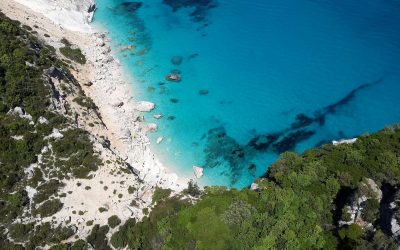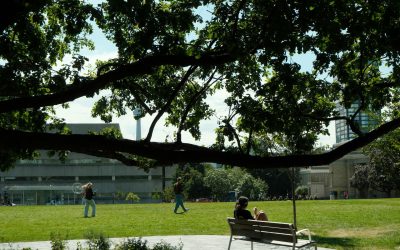The Critical Incident Technique (CIT) is a research method designed to analyze human behavior by collecting and categorizing direct observations of incidents that hold significant meaning within a particular context. These incidents—either positive or negative—serve as valuable tools for identifying patterns, improving practices, and understanding the psychological principles underlying human interactions. Initially developed by John Flanagan in the 1950s and later applied by Triandis in the 1960s for cross-cultural competence training, CIT has been widely used in various disciplines, including education and organizational development. By encouraging individuals to recount specific experiences, CIT fosters self-reflection and awareness, making it particularly effective in intercultural training where misunderstandings and conflicts often arise due to cultural differences.
SUSIEE integrates this powerful methodology into its workshops, emphasizing experiential sustainability and interculturality. The project’s first training session, held in Palermo and hosted by CESIE ETS and Naturalmente APS, provided early childhood educators with an interactive platform to explore themes such as interculturality, intersectionality, and sustainability. The use of Critical Incident Educational Theatre and improvisation allowed participants to engage deeply with these concepts, transforming abstract ideas into tangible learning experiences.
Through hands-on application, educators reflected on their own perspectives and interactions, uncovering insights into their roles within diverse educational settings. The CIT approach within the SUSIEE framework enables participants to navigate cultural complexities, fostering adaptability and inclusive teaching practices. By examining real-life situations where cultural misunderstandings or differing expectations arise, educators develop strategies to enhance communication and collaboration in their classrooms.
Through the collective effort of other partner countries, the methodology not only has proven to be adaptable across various cultural contexts but also continuously refined based on participant feedback. The critical incident approach, deeply embedded in SUSIEE’s methodology, provides a structured yet flexible means for educators to engage with sustainability and interculturality in meaningful ways, ultimately shaping more inclusive and reflective educational environments.
To find out more and learn about all the news of SUSIEE contact Marco Gennaro: marco.gennaro@cesie.org.
About the project
SUSIEE – Sustainability and interculturality in 0-3 early childhood education and care is a project funded by DG EAC, KA220-SCH – Cooperation partnerships in school education.
Partners
- Universidad del País Vasco (Spain, coordinator)
- Consorcio Haurreskolak (Spain)
- Associacio La Xixa Teatre (Spain)
- CESIE ETS (Italy)
- Associazione di promozione sociale Naturalmente (Italy)
- Partners For Democratic Change (Hungary)
- Johanna Bischitz Centre for Integrated Human Services (Hungary)
For further information
Read more about the project, visit https://www.susiee.eu/ and follow us on Facebook, Instagram, YouTube and X.
Contact Marco Gennaro: marco.gennaro@cesie.org.









